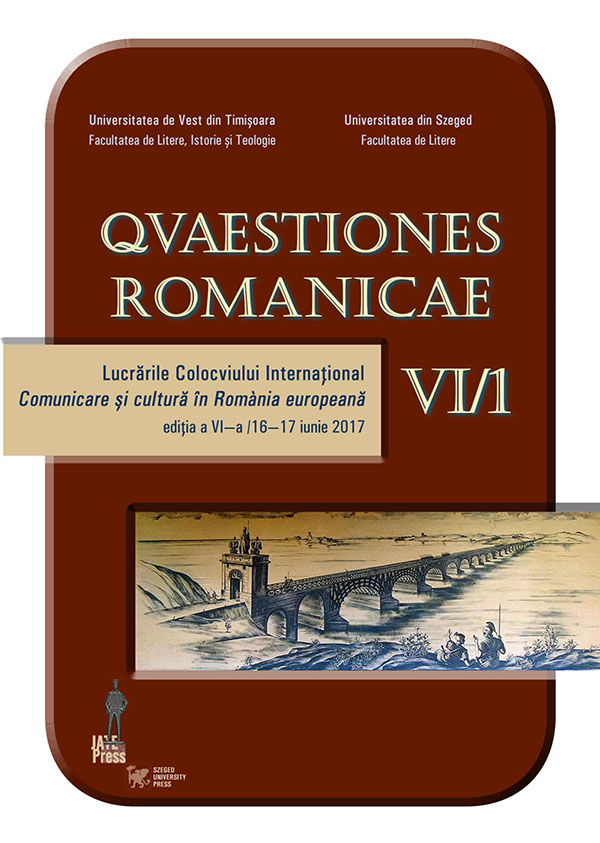La réforme de l’orthographe entre norme et tolérance
Abstract: (The French spelling Reform, between standard and tolerance) On December the 6th, 1990, the Supreme Council for French Language published in the French Republic’s Official Journal the text of its proposal for a spelling reform. This reform was supposed to correct number of graphic anomalies (chariot, imbécillité), to update writing rules by taking into account the evolution of the language and to simplify the spelling of several words. More exactly, it concerned the use of the hyphen, the graphic accents, the linguistic adjustment of the loans and the agreement of the past participle. We intend, more than twenty years after the publication of the reforming proposal, to observe the various types of modifications: those who were considered to be useful, as well as those who aroused the dissatisfaction of both the specialists and the simple language lovers – because considered to be too “audacious”, or too much limited in order to really ease the learning of French writing, or simply useless.
Keywords: spelling reform, graphic anomaly, rectifications, public echoes of the spelling reform proposal, implementation of the spelling reform.
Résumé : Le 6 décembre 1990, le Conseil supérieur de la langue française faisait paraître dans le Journal officiel de la République française le texte de sa proposition de réforme de l’orthographe. Celle-ci était censée corriger certaines anomalies graphiques (chariot, imbécillité), actualiser les règles en tenant compte de l’évolution de la langue et simplifier l’orthographe de certains mots. Plus précisément, elle touchait au problème du trait d’union, des accents, de la francisation des emprunts et de l’accord du participe passé. Nous nous proposons, plus de vingt-cinq ans après la publication du texte de la Réforme, de relever les différents types de modifications : celles qu’on a considérées comme salutaires, aussi bien que celles qui ont suscité le mécontentement des spécialistes et des non spécialistes, simples amoureux de la langue – car considérées comme trop « audacieuses », ou trop limitées pour vraiment faciliter l’apprentissage du français écrit, ou tout simplement inutiles.
Mots-clés : Réforme de l’orthographe, anomalie graphique, rectifications, accueil des modifications, application de la Réforme.
